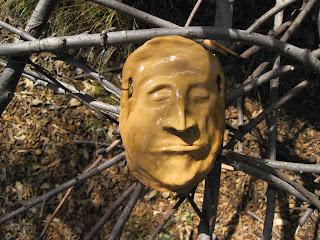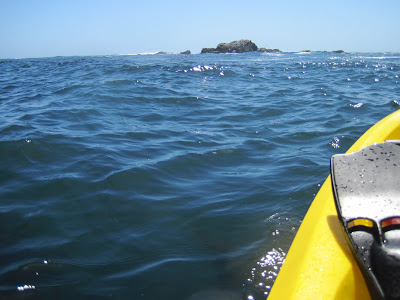A quintessential English Romantic poem:
Nature, vivid description, musical patterning, individual subjectivity for the sake of universal feeling, memory and its healing power when harnessed with nature, and art for the sake of the soul.
(I disliked the poem as an undergraduate, but have come to appreciate its artful simplicity and application. I have a greater appreciation for thousands of flowers dancing in the sun and breeze too.)
I WANDERED LONELY AS A CLOUD
I wandered lonely as a cloud
That floats on high o'er vales and hills,
When all at once I saw a crowd,
A host, of golden daffodils;
Beside the lake, beneath the trees,
Fluttering and dancing in the breeze.
Continuous as the stars that shine
And twinkle on the milky way,
They stretched in never-ending line
Along the margin of a bay:
Ten thousand saw I at a glance,
Tossing their heads in sprightly dance.
The waves beside them danced; but they
Out-did the sparkling waves in glee:
A poet could not but be gay,
In such a jocund company:
I gazed—and gazed—but little thought
What wealth the show to me had brought:
For oft, when on my couch I lie
In vacant or in pensive mood,
They flash upon that inward eye
Which is the bliss of solitude;
And then my heart with pleasure fills,
And dances with the daffodils.
--William Wordsworth

































